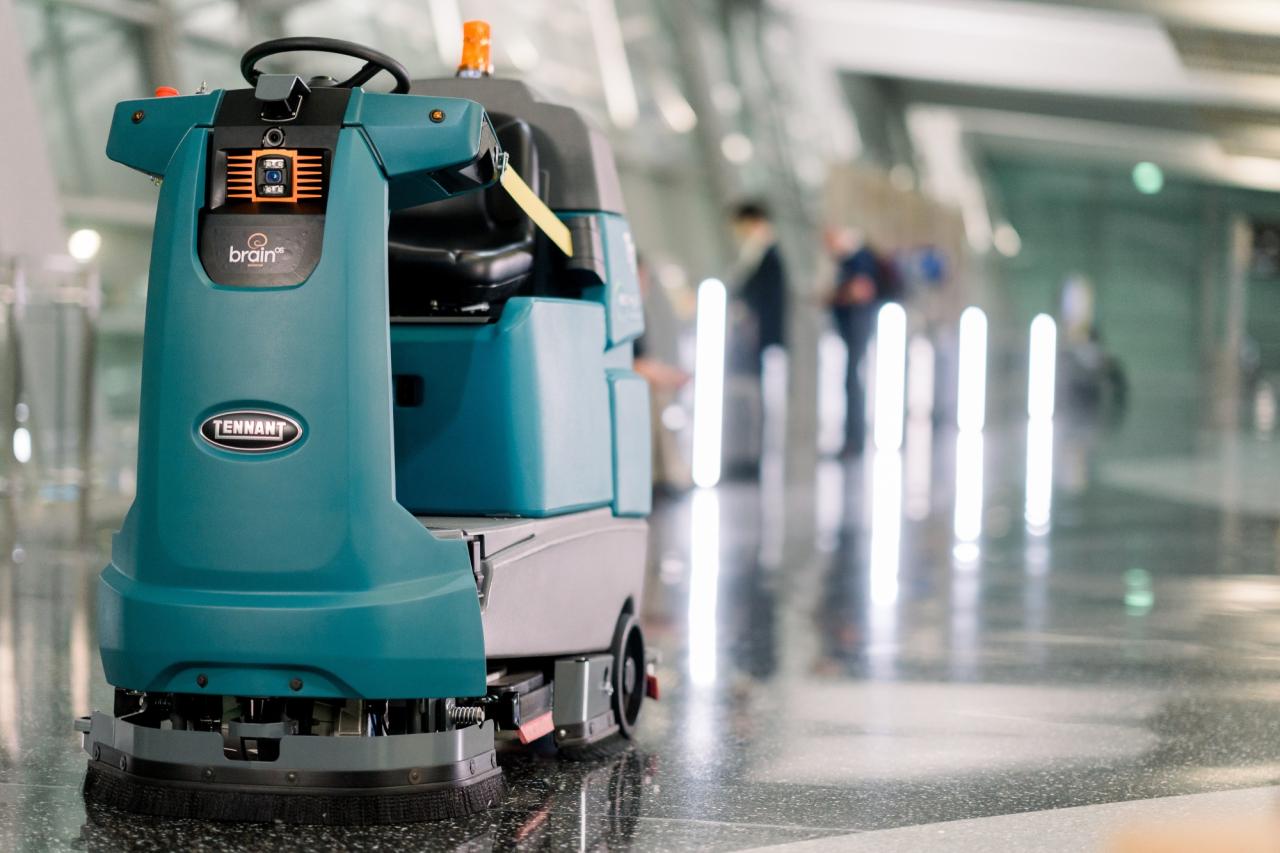
In recent years, the advent of robotic cleaners has sparked a transformative shift in the landscape of home maintenance. These intelligent machines, equipped with advanced technology, have made a profound impact on how we approach and manage household cleanliness.
Robotic cleaners, particularly robotic vacuums, have emerged as a game-changer in home maintenance. These compact, sleek devices equipped with sensors and AI algorithms navigate through homes autonomously, learning the layout of the space and efficiently cleaning floors without constant human guidance. Their impact on home maintenance transcends mere convenience; it represents a paradigm shift in the way we perceive and manage cleanliness.
The primary impact of robotic cleaners lies in their ability to save time and effort. With traditional cleaning methods, vacuuming often requires a dedicated chunk of time and physical exertion. Robotic vacuums, however, offer a hands-free solution. Users can set schedules or activate them remotely through smartphone apps, allowing these devices to perform their cleaning duties even while the homeowner is away. This time-saving aspect liberates individuals from the repetitive task of vacuuming, enabling them to invest their time in more meaningful pursuits.
Moreover, the impact of robotic cleaners extends beyond mere convenience. These devices are designed to be thorough in their cleaning, reaching spaces that might be challenging for traditional vacuum cleaners. Equipped with sensors to detect obstacles and adjust cleaning paths accordingly, they ensure comprehensive coverage, reaching under furniture and into corners that might otherwise be overlooked. This thoroughness contributes significantly to maintaining a consistently clean environment.
Another notable impact of robotic cleaners is their contribution to reducing allergens and improving indoor air quality. Many of these devices come equipped with advanced filtration systems that capture fine particles and allergens, making them an excellent choice for households with allergy sufferers. By regularly and efficiently removing dust and debris, these cleaners help create a healthier indoor environment.
Furthermore, the introduction of robotic cleaners has influenced the way households view technology’s role in daily life. They serve as an entry point into the realm of smart home devices, showcasing the practical application of AI and automation. Their integration with smart home ecosystems, compatibility with voice assistants, and remote control capabilities highlight the potential for a connected, automated household.
Looking ahead, the impact of robotic cleaners on home maintenance is poised to expand further. Continuous advancements in technology will likely lead to even smarter, more efficient, and versatile cleaning robots. As these devices become more affordable and widespread, their impact on home maintenance practices will become increasingly pronounced.
In conclusion, the advent of robotic cleaners has ushered in a sweeping change in how we approach home maintenance. Beyond the convenience they offer, these devices signify a shift towards a more efficient, tech-integrated approach to cleanliness. Their impact on time-saving, thorough cleaning, indoor air quality, and the adoption of smart home technology cements their position as transformative tools in modern household management.






